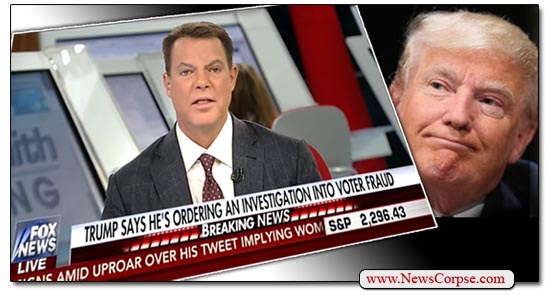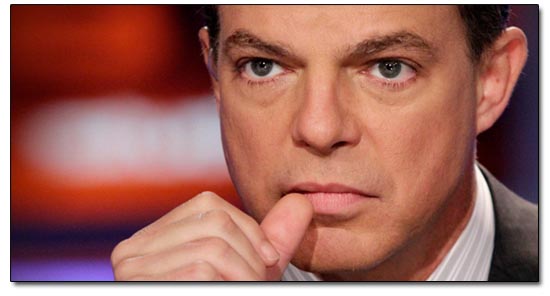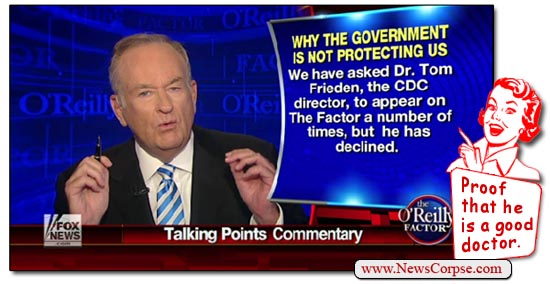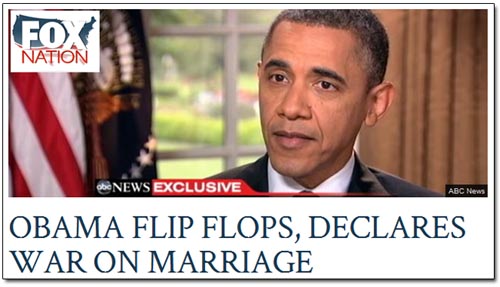With the election over, prognostications about the new administration of Barack Obama, and the fate of the losers, began in earnest. Almost simultaneously, speculation arose concerning the direction and prospects for the media in general, and the cable news networks in particular. The conventional wisdom (always conventional, rarely wise) is that Fox News will thrive in the role of a voice for the opposition and MSNBC will struggle for lack of drama. This analysis presumes that audiences respond only to conflict and that the Obama victory will put conservatives on edge and liberals to sleep.
There is some merit to this theory, but, us usual, it is too narrowly drawn to be enlightening. If contrarian politics were paramount then Fox would not have flourished during its early years of the Clinton administration, which it opposed, as well as the Bush years that followed, which it embraced. A common misconception about the success of Fox News is that it was driven by its conservative point of view. The only role ideology played was that it funneled all of the right-leaning viewers to one channel, allowing Fox to score higher in Nielsen ratings. The larger truth is that it transformed stodgy news delivery into thrill-inducing combat and soap opera. They created an us-vs-them, hero narrative that feeds on the same zealotry as a religious cult.
The race for president provided ample opportunity for the sort of melodrama upon which the new generation of cable news networks thrive. Fox took full advantage of this promoting, and even creating, friction where it otherwise would not have existed. Who can forget (despite how desperately we try):
- William Ayers
- Rev. Jeremiah Wright
- Samuel “Joe” Wurzelbacher (the Plumber)
- ACORN
- Drill, baby drill
- Elitists
- Flag pins
- Muslim Madrassas
The irrelevance of these phony issues is confirmed by how quickly they have vanished from the news scene. The campaign season stirred the pot, but the conclusion of the campaign is not the end of controversy. We are still mired in war, a collapsing economy, a climate crisis, and a multitude of other critical affairs that will define the next four years.
Nevertheless, cable news is going to have to undergo a post-election makeover. Brit Hume has already left the building. Some reports from Fox News insiders suggest that they will be taking a softer approach toward the President-elect (don’t believe it). Keith Olbermann’s Countdown contains segments like “Bushed” and “McCain in the Membrane” that will need to be retired. Political contests will likely play a smaller role in his program and others, and the void will have to be filled by something else. In the search for new themes, I would like to suggest one that is ever-present and exerts an overdue influence on American politics and culture: the Media.
There will always be political, social, and global controversies. They will erupt between and within party affiliations. The one thing that ties them all together is that they are fodder for interpretation by the media. The characterization of ideas can be instrumental in their acceptance or rejection by the people. Ideally, news organizations would be neutral providers of information and analysis, but those days may be long past. The modern era of television news seems to have irreversibly digressed into partisan advocacy. Even Fox News, the home of the “fair and balanced” fallacy, seems to have abandoned that pretense. Chairman and CEO, Roger Ailes was asked by Broadcasting and Cable Magazine about their post-election prospects:
B & C: [W]ill the news side of Fox News face an apathetic audience, compounded by being on the losing end of a national election?
Ailes: There may be certain elements of our audience that turn away between now and the inauguration. I think cable numbers overall will drop, although there is a fascination with Obama.
Notice that Ailes doesn’t object to the question’s premise that Fox was “on the losing end” of the election. The reality of Fox’s bias is so well established now that he doesn’t even bother to refute it. If Ailes’ response isn’t validation enough, listen to his executive VP, John Moody, from the same article, describing Obama as…
“…a once-in-a-lifetime politician and that means he’s smart enough to know that, despite his prescient 2004 speech, there are red voters and blue voters. And he wants to reach out and get the red ones, too.”
Here we have Moody blithely confessing that Fox is the venue for conservative viewers. This is something that Moody and Ailes would have vehemently denied in the past. Today it is treated as a foregone conclusion. That’s what makes observation of the media such a rich vein for the sort of melodrama that excites cable news programmers and viewers. The presentation of the news is so narrowly focused and poorly produced that it invites criticism, sarcasm, and ridicule.
This is where progressive media can excel. The Rupert Murdochs of the world aren’t interested in self-examination or improvement. They have an agenda to pursue and they won’t let a little thing like truth get in the way. Witness the inveterate lying of folks like Rush Limbaugh, Bill O’Reilly, and Sean Hannity. Liberals are generally more predisposed toward ethical oversight and, thus, make better watchdogs. With the decline of political content in the news cycle, this would be an opportune time to jump headlong into media analysis and criticism.
Scrutiny of the press has the added benefit of expanding the audience base because those who are skeptical of the press are a diverse group. An honest appraisal of reporters and pundits will appeal to a broad swath of news consumers. Evidence of this is the popularity of a couple of programs on Comedy Central. The Daily Show and the Colbert Report demonstrate the appeal of programming that takes on the press. Many analysts misconstrue these shows as political satire, but that is not an accurate characterization. They are media satire programs. Everything they do is less a statement on policy than it is a statement on the absurdity and incompetence of the people who bring us the news. It is also noteworthy that conservative attempts at this endeavor have all failed miserably.
Drawing attention to the media is also fertile ground for effective reform. It is potentially the most powerful avenue for political change. Every issue that faces citizens and their representatives has to be disseminated through the media apparatus. So whether it’s healthcare, education, taxes, energy, etc., it is the press that will shape much of the public’s view. The more light that is cast on the press, the more likely they will modify their behavior. So if cable news figures like Olbermann, Rachel Maddow, Campbell Brown, and even Fox’s Shepard Smith (who has been known to take swipes at his net’s coverage), step up and challenge their industry, they could have more impact, and do more good, then if they merely assume the posture of another kvetching pundit.
The next few weeks will tell whether the press has learned anything, whether it is interested in self-reflection and reform, and whether it is capable of fulfilling its traditional role as a check on a government that would much prefer to work in secret. This will also be an outstanding time to have media watchers illuminating the stage and exposing the imperfections and deceits of those who purport to inform us. Let’s hope they heed the call. Because, now more than ever, we need an open, honest, and diverse fourth estate to document the progress of what may be the most astonishing political achievement in this nation’s short history.












